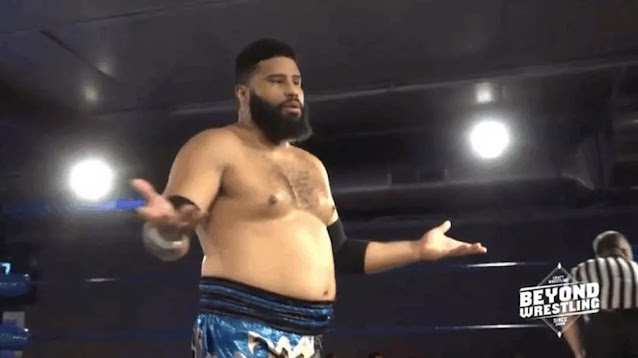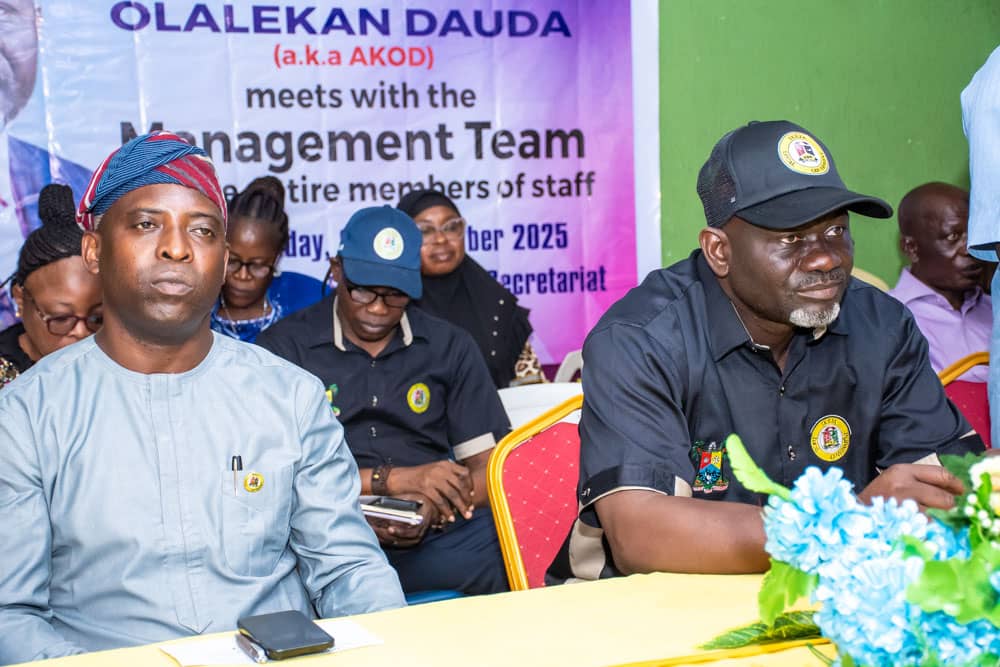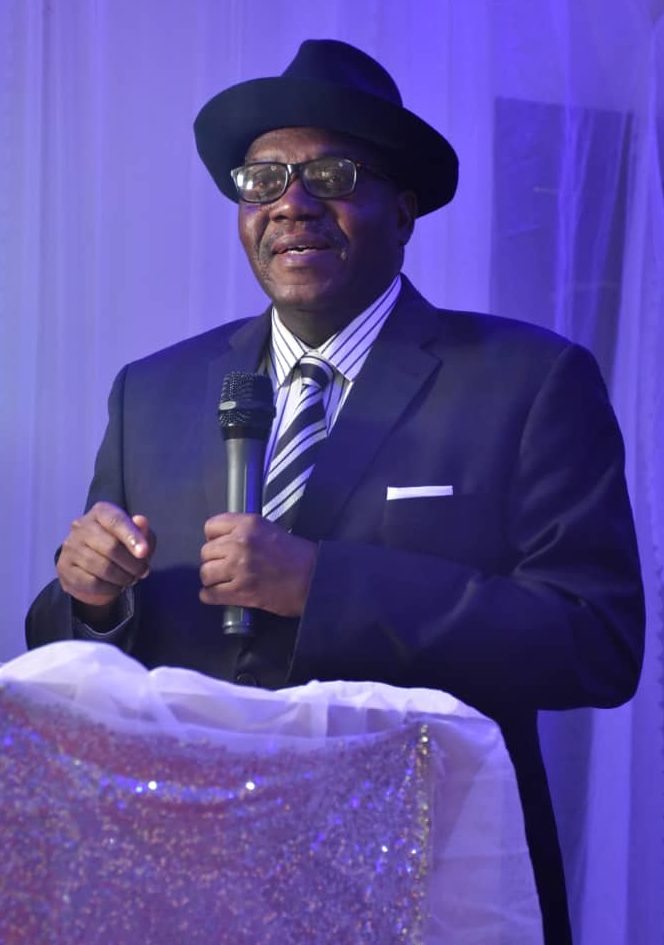The professional wrestling community was struck with profound sorrow on September 8, 2025, as news broke of the passing of Jonathan Echevarria, known to fans worldwide as Jaka, at the age of 39. The wrestler, who made significant contributions to both WWE and All Elite Wrestling (AEW), succumbed to a critical heart attack that left him fighting for his life in intensive care over the weekend. His death has sent shockwaves through the wrestling world, prompting an outpouring of tributes from peers, fans, and promotions, all of whom celebrated Jaka’s talent, kindness, and indomitable spirit. This article reflects on Jaka’s remarkable career, the circumstances surrounding his tragic passing, and the broader challenges faced by wrestlers, while honoring the legacy of a man who left an indelible mark on the industry.
A Career Forged in Passion and Perseverance
Jaka, born Jonathan Echevarria, was a Florida-based independent wrestler whose journey in professional wrestling was defined by dedication, resilience, and an unwavering love for the craft. Emerging from the vibrant independent wrestling scene, Jaka carved out a reputation as a fierce competitor and a beloved figure in locker rooms across the United States. His career spanned over a decade, with more than 320 matches to his name, showcasing his versatility and commitment to entertaining fans.
Jaka’s most notable achievements came in EVOLVE, a promotion later acquired by WWE, where he captured the EVOLVE Tag Team Championship twice alongside his long-time partner, Chris Dickinson. The duo, often competing as part of the Catch Point and Team Pazuzu factions, brought a hard-hitting, technical style to the ring that earned them respect from fans and peers alike. Their chemistry was evident in their performances, blending athleticism with storytelling to create memorable matches. In 2018, Jaka and Dickinson defended their EVOLVE Tag Team titles at a WWE event, a significant moment that highlighted Jaka’s ability to compete on a global stage.
Beyond EVOLVE, Jaka made appearances in other prominent promotions, including All Elite Wrestling (AEW). In 2021, he competed on AEW Dark: Elevation, teaming with Sean Maluta in a match against the legendary tag team of Santana and Ortiz. Though they did not secure the victory, Jaka’s performance showcased his ability to hold his own against top-tier talent. His appearance at WWE WrestleMania Axxess in 2018 further cemented his status as a versatile performer capable of shining in high-profile settings.
Jaka’s career, however, was not without its challenges. After a prolific period in the late 2000s and early 2010s, where he averaged around 40 matches per year, his in-ring activity slowed significantly after 2019, with only five or six matches annually. The global pandemic likely contributed to this decline, as did the physical toll of a career in professional wrestling. His final match took place in March 2025 for Boca Raton Championship Wrestling, where he teamed with Sean Maluta and Neil the Heel in a losing effort against Jonny Fairplay and Oddyssey. Despite the reduced schedule, Jaka remained a respected figure in the wrestling community, known for his professionalism and positive attitude.
The Tragic Heart Attack and Community Response
On September 4, 2025, Jaka’s sister, Annette, shared heartbreaking news via a GoFundMe campaign, revealing that the wrestler had suffered a critical heart attack and was in intensive care. The campaign described Jaka as a vibrant, fun-loving individual who brought “laughter and energy” to those around him, underscoring the emotional impact of his condition on his family and friends. “Jonathan is the kind of person who brings laughter and energy wherever he goes—a fun, lovable pain in the butt who means the world to us,” Annette wrote. “Seeing him in this state has been incredibly difficult, but we are staying strong for him and for each other.” The GoFundMe, aimed at covering medical expenses, raised over $25,000 of its $40,000 goal, with notable contributions from AEW owner Tony Khan ($5,000) and AEW star Jack Perry ($1,000), reflecting the wrestling community’s solidarity.
Tragically, Jaka’s condition deteriorated, and on September 8, 2025, news of his passing was confirmed, leaving fans and colleagues devastated. The wrestling world responded with an outpouring of grief and tributes, highlighting the profound impact Jaka had on those who knew him. Gabe Sapolsky, a prominent figure in wrestling and former EVOLVE owner, shared his condolences, stating, “A true tragedy. No one will say a bad word about the man. My deepest condolences to his family and friends. Thank you for everything, Jaka.” Sapolsky’s words captured the universal respect Jaka commanded, both as a performer and as a person.
C*4 Wrestling, another promotion Jaka had worked with, expressed their sorrow on social media: “Very saddened to hear the news about Jaka’s passing. I always loved having him on shows. He was a welcome addition to our locker room. He was kind, hardworking, and thoughtful. To his friends and family, we send our love and support. Rest in peace.” AEW star Penelope Ford, who had crossed paths with Jaka, paid tribute on Instagram, describing him as “one of the funniest, kindest, and insightful humans I was blessed to have known.” These tributes painted a picture of a man whose warmth and positivity left a lasting impression.
The Wrestling Industry’s Health Crisis
Jaka’s untimely death at 39 adds to a troubling pattern of premature deaths in professional wrestling, raising questions about the physical and mental toll of the industry. Professional wrestling is a demanding profession, combining athletic performance with high-risk maneuvers and a grueling schedule that often leaves little time for recovery. A 2014 study by Eastern Michigan University found that mortality rates for professional wrestlers active between 1985 and 2011 were up to 2.9 times higher than those of the general male population in the United States. The study highlighted cardiovascular disease, drug overdoses, and the physical demands of the sport as significant contributors to these elevated rates.
Jaka’s heart attack aligns with other high-profile cases of wrestlers succumbing to heart-related issues at a young age. For example, Eddie Guerrero, a WWE legend, passed away in 2005 at 38 due to acute heart failure linked to cardiovascular disease. Similarly, Bray Wyatt (Windham Rotunda) died in 2023 at 36 after a heart attack exacerbated by complications from COVID-19. These tragedies underscore the risks faced by wrestlers, particularly those who perform at high intensity over extended periods.
The wrestling industry’s lack of an off-season and the high workload—some wrestlers compete in over 100 matches per year—place immense strain on performers’ bodies. The physicality of the sport, combined with the pressure to maintain a certain physique, has historically led to issues such as steroid use and painkiller dependency, though modern promotions like WWE and AEW have implemented wellness programs to address these concerns. Additionally, wrestlers are often classified as independent contractors, meaning they lack access to company-sponsored health insurance, which can exacerbate health issues and limit access to preventive care.
Jaka’s case is particularly poignant because, unlike some of his predecessors, he was not known to have struggled with substance abuse or other high-risk behaviors. His heart attack appears to have been an unexpected medical emergency, highlighting the unpredictable nature of cardiovascular issues. The wrestling community’s response, including the GoFundMe campaign, reflects the financial challenges many wrestlers face when dealing with medical crises, as even successful performers may lack adequate insurance or savings to cover extensive treatments.
Jaka’s Legacy and the Wrestling Community’s Solidarity
Jaka’s passing has prompted reflection on the fragility of life and the importance of community in wrestling. His contributions to the sport extended beyond his in-ring accomplishments; he was a mentor, a friend, and a source of inspiration for many. Wrestler Anthony Henry, who had faced Jaka in the ring multiple times, encouraged donations to the GoFundMe, writing, “I’ve battled this dude so many times and know how tough he is. He will make it through, but this is a horrible time he is going through, and any help is appreciated.” Though Jaka did not survive, Henry’s words underscored the respect and camaraderie that defined Jaka’s relationships within the industry.
The wrestling world has a long history of rallying around its own during times of tragedy. The financial contributions from Tony Khan and Jack Perry, along with the emotional tributes from peers like Penelope Ford and promotions like C*4 Wrestling, demonstrate the tight-knit nature of the wrestling community. These acts of support are particularly meaningful for independent wrestlers like Jaka, who often rely on grassroots efforts to navigate personal and professional challenges.
Jaka’s legacy is also tied to his role in elevating the independent wrestling scene. Promotions like EVOLVE provided a platform for wrestlers like Jaka to showcase their talents to a broader audience, paving the way for the modern era of wrestling where independent performers can transition to major promotions like WWE and AEW. His work with Chris Dickinson in Catch Point and Team Pazuzu helped redefine tag team wrestling, blending technical prowess with hard-hitting intensity. For fans of EVOLVE, Jaka was a symbol of the promotion’s ethos: hard work, passion, and authenticity.
The Broader Implications: Health and Wellness in Wrestling
Jaka’s death has reignited discussions about the need for better health and wellness support in professional wrestling. While WWE and AEW have made strides in implementing wellness policies, including drug testing and medical screenings, the independent wrestling scene often lacks the resources to provide similar support. Wrestlers like Jaka, who primarily worked on the independent circuit, face unique challenges, including inconsistent income, limited access to healthcare, and the physical demands of performing in multiple promotions.
Advocates within the industry, including journalists and former wrestlers, have called for systemic changes to address these issues. Proposals include unionizing wrestlers to secure better working conditions, providing health insurance for independent contractors, and establishing mandatory health screenings for performers. The 2019 critique by John Oliver on Last Week Tonight highlighted the independent contractor status of WWE wrestlers, sparking debate about labor practices in the industry. While WWE disputed Oliver’s claims, the conversation has continued, with Jaka’s passing serving as a somber reminder of the stakes involved.
Cardiovascular health, in particular, remains a critical concern. The 2014 Eastern Michigan University study noted that wrestlers are at a higher risk of cardiovascular disease due to the physical demands of the sport and, in some cases, the use of performance-enhancing drugs. Modern wrestlers benefit from improved training methods and nutrition, but the risk of sudden cardiac events, as seen in Jaka’s case, underscores the need for regular heart screenings and education about risk factors.
A Lasting Tribute to Jaka
As the wrestling world mourns Jaka’s passing, plans for memorials and tributes are likely to emerge in the coming weeks. Promotions like EVOLVE, AEW, and independent organizations may honor him with special matches, moments of silence, or video packages celebrating his career. For fans, Jaka’s matches remain a testament to his skill and passion, available through archives and streaming platforms like WWE Network and independent wrestling services.
Jaka’s story is one of triumph and tragedy—a wrestler who rose through the ranks of the independent scene to compete on some of the biggest stages in the industry, only to be taken too soon. His kindness, humor, and dedication left a lasting impact on those who knew him, from fellow wrestlers to fans who cheered him on. As Penelope Ford poignantly noted, Jaka was “one of the funniest, kindest, and insightful humans” she had known, a sentiment echoed by many.
For Jaka’s family, the loss is deeply personal. The GoFundMe campaign, which continues to accept donations, will help cover medical expenses and provide support during this difficult time. The wrestling community’s generosity, exemplified by contributions from Tony Khan and Jack Perry, reflects the love and respect Jaka inspired. His sister Annette’s words on the GoFundMe page serve as a heartfelt reminder of his vibrant personality: a “fun, lovable pain in the butt” who meant the world to those closest to him.
Conclusion
Jonathan Echevarria, known as Jaka, was more than a wrestler—he was a beacon of positivity, a talented performer, and a beloved member of the wrestling community. His passing at 39 due to a critical heart attack is a devastating loss, but his legacy will endure through the memories he created in the ring and the lives he touched outside it. As the wrestling world grapples with this tragedy, Jaka’s story serves as a call to action for better health and wellness support in the industry, ensuring that future generations of wrestlers can thrive without facing the same risks. Rest in peace, Jaka—your spirit will continue to inspire.





